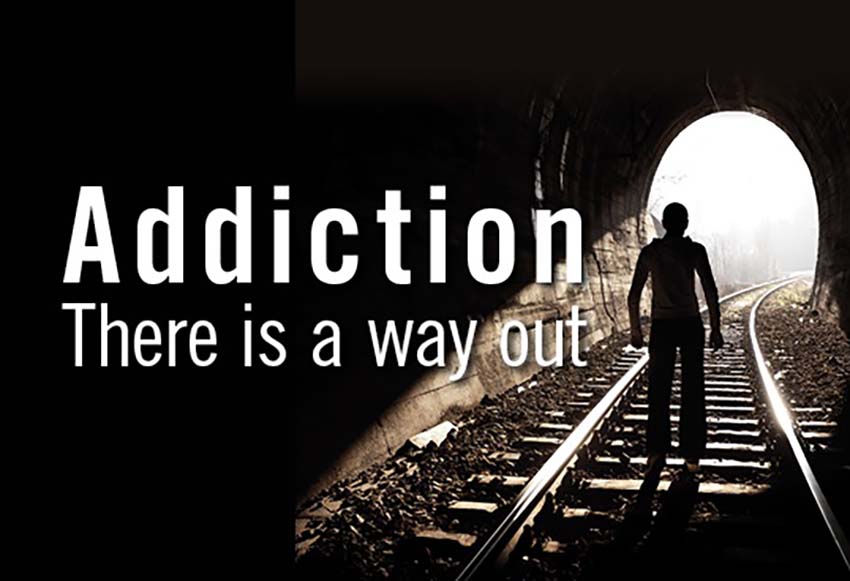Addiction was once believed
to be a moral failing, then it was thought
to be a physical disease, now we know the
reality is much more complicated. The
mind and body are connected in surprising
ways. Treating addiction effectively means
addressing the problem on all three levels –
mind, body and spirit.
To make these changes we need to
be ready for change. Change can be
hard no matter what you are addicted to, and
so making a lasting change in behaviour is
rarely a simple process and usually involves
a substantial commitment of time, effort,
and emotion.
Below is a brief
explanation of The Stages of Change Model
which was introduced in the late 1970s by
researchers James Prochaska and Carlo
DiClemente who were studying ways to help
people quit smoking. I use this model to
help with techniques that I use in
counselling.
Stages of Behavioural
Changes

Pre-contemplation Stage:
In this stage the substance user has no
desire to change. They do not see their
using as problematic, even if others do.
Contemplation
Stage: The substance user
is still using at this stage, but they are
starting to consider whether they want to
change.
Preparation Stage:
The substance user makes a decision to
change and starts to prepare themselves.
Action Stage:
The substance user takes practical steps to
bring about a change, such as using less or
deciding to give up completely.
Maintenance Stage:
When someone reaches maintenance, they have
achieved a change in their substance using
behaviour. A substance user may have either
stopped using drugs or alcohol, or moved to
a more controlled, less harmful way of using
and is maintaining that change. As we all
know, sticking to the changes we make in our
behaviour can be the hardest part of the
process.
Revert to old
habits: A lapse is when
the user briefly returns to their old
substance using behaviour. It is possible
for them to go from lapse back to any stage
of the cycle. However, a relapse when the
user fully returns to their old substance
using behaviour and then needs to go all the
way through the Cycle of Change again.
 How To Stay
Stopped
How To Stay
Stopped
 Links To Some 12 -
Step Organisations
Links To Some 12 -
Step Organisations







